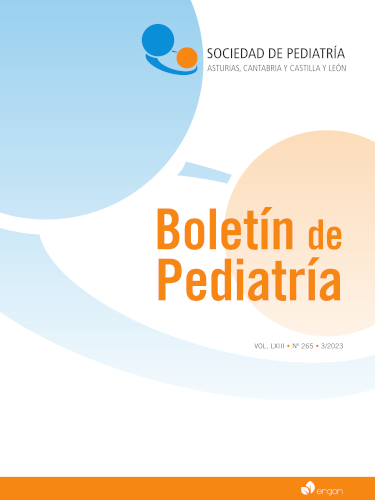Abstract
Vesical disfunction or Lower urinary Tract Dysfunction (LUTD), can be the cause of 40% of pediatric consultations. Dysfunctions of the lower urinary tract involve an alteration in any of the phases of the voiding cycle and may respond to neurological, anatomical or functional causes. It is very important to take an adequate clinical history that allows us to know the patient globally so that we can achieve a correct diagnosis of the cause of the lower urinary tract dysfunction and thus be able to carry out targeted treatments. The evaluation for most children with bladder dysfunction can be limited to a thorough history, physical examination, and noninvasive testing, such as a urinalysis and urine culture. In selected children, more extensive evaluation includes urologic imaging studies, measurements of urinary flow, and post-void residual determination. As for therapeutic tools, we will start from basic hygienic-dietary guidelines of global application to which we can associate behavioral, pharmacological, physiotherapy or surgical therapy, always in an individualized manner.

This work is licensed under a Creative Commons Attribution-NonCommercial 4.0 International License.
Copyright (c) 2023 Boletín de Pediatría
